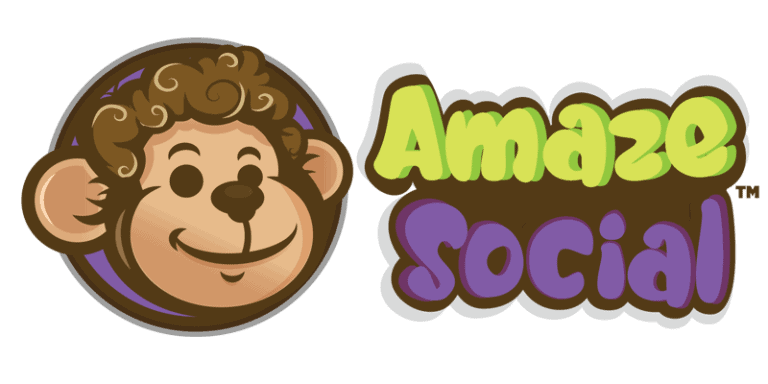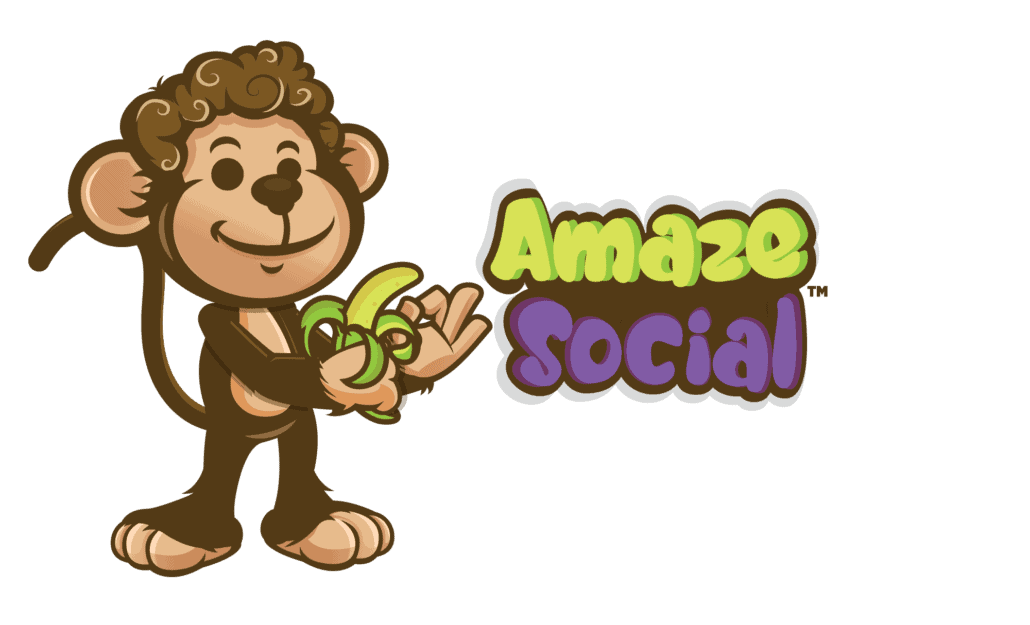A “like” is a digital expression used on social media platforms to indicate appreciation, agreement, or acknowledgment of a post or comment. It is typically represented by a symbol, such as a thumbs up, heart, or star, and can be clicked or tapped by users to show their positive reaction to content.
Details:
- Engagement Metric: Likes are a primary form of engagement on many social media platforms, used to gauge the popularity or resonance of a post or piece of content.
- Algorithm Influence: On some platforms, the number of likes a post receives can influence its visibility. Content with many likes may be viewed as more relevant or popular and may be more likely to appear in users’ feeds or on the platform’s “trending” or “recommended” sections.
- Feedback Mechanism: For content creators, brands, and businesses, the number of likes serves as immediate feedback on the content’s effectiveness or appeal to the audience.
- Variations: Some platforms have expanded beyond the simple “like” to offer more nuanced reactions. For example, Facebook introduced “reactions” that allow users to respond with various emojis, such as “love,” “haha,” “wow,” “sad,” and “angry.”
- Potential Pitfalls: The pursuit of likes has led to discussions about the impact on mental health and self-worth, especially among younger users. Some argue that an overemphasis on garnering likes can lead to a comparison culture or create pressure to curate a perfect online image.
Importance: The “like” function has become a cornerstone of the social media experience. It offers a simple way for users to interact with content and provides valuable metrics for those posting content. However, its significance in social media culture has also raised questions about its broader impact on well-being and the nature of online interactions.

